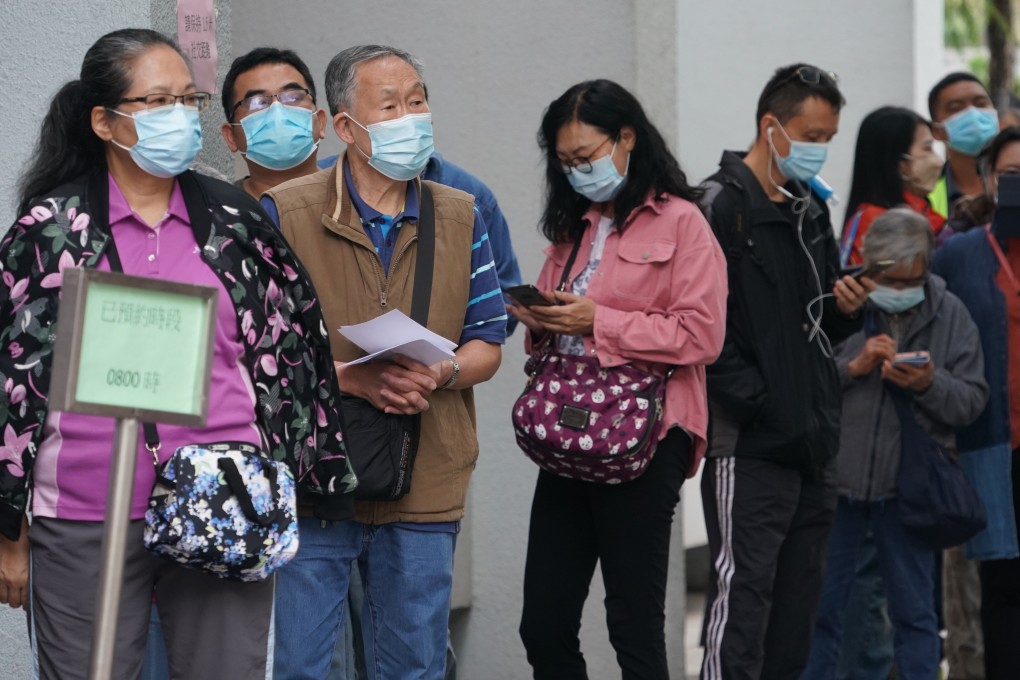Hong Kong exploring ways to incentivise coronavirus vaccine take-up amid less than ideal start, government adviser says
- Chinese University’s David Hui says even more inoculation facilities may be necessary as city makes up for lost time from BioNTech packaging delay
- Financial Secretary Paul Chan, meanwhile, says economy hangs in balance, calling herd immunity a precondition to jump-starting recovery

The calls to bolster the mass inoculation campaign came after a 62-year-old man with high blood pressure and diabetes died on Saturday, 20 days after receiving a Sinovac shot, according to a medical source.
He was the tenth Sinovac recipient – most of them chronically ill – to die after receiving the jab since the vaccination drive began. One person has also died after getting a BioNTech shot, but so far no direct link has been established between the vaccines and any of the fatalities.
Suggesting even more vaccination facilities could be necessary in the wake of recent delays, Chinese University respiratory medicine expert Professor David Hui Shu-cheong noted that everything from greater visitation rights at care facilities to a speedier return to international travel hinged on mass inoculations.
Hui’s advice came as Hong Kong’s second- and third-ranking officials used their official blogs to press for residents to embrace the jabs, with Financial Secretary Paul Chan Mo-po saying the economy could only regain momentum when herd immunity was achieved.
Bringing the epidemic under control was the primary precondition to kick-starting the city’s economic recovery, Chan said, noting the city had reached a 17-year high jobless rate of 7.2 per cent in the past three months.